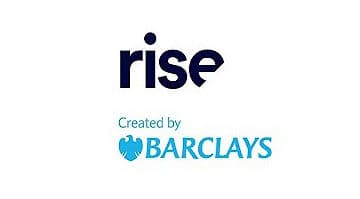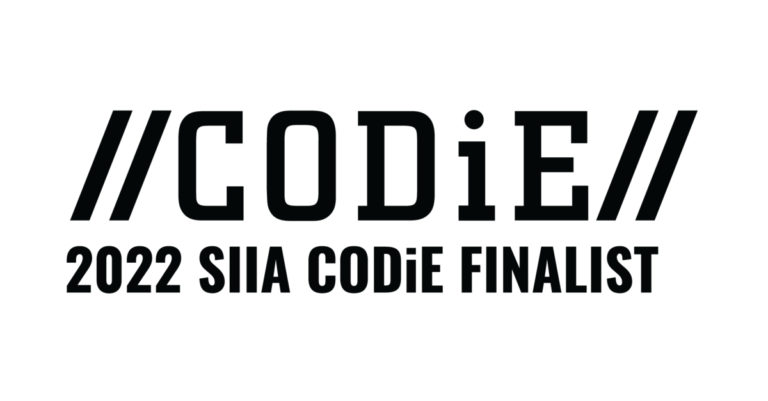Beth Porter is the CEO and Co-founder of Riff Analytics.
Beth Porter is the CEO and Co-founder of Riff Analytics. A former VP at Pearson and edX, Beth’s highly sought-after expertise stems from a deep passion for education and desire to provide the highest quality tech-enabled learning experiences. Beth has led research and developed products that transform online teaching and learning, including driving the Open edX initiative and architecting the original Texas OnCourse programme. She is a researcher and lecturer at Boston University Questrom School of Business and the MIT Media Lab.
Riff Analytics builds tools that measure and augment human interactions, helping people and organisations communicate, collaborate and innovate better. Riff uses voice data collected during video calls to show how people interact by measuring engagement, dominance and influence. Riff metrics often confirm what people observe about themselves or others. More frequently, Riff provides completely new information about the low-level dynamics at play and allows team members to develop better self and situational awareness. Customers use Riff to improve team performance in online learning, professional development, leadership training and coaching.
01. What was the inspiration behind your company?
My co-founders and I were inspired to start Riff through our shared interest in improving collaboration and teamwork. Our origins were at the Human Dynamics group at the Media Lab, which has been studying interactions at the micro- and macro-scale for decades. My personal inspiration is the desire to help make online learning, professional development and personal growth a social activity. Whether in small groups or at institutional scale, in schools or the workplace, we learn and grow better together, but being virtual keeps us apart. Riff shrinks that virtual distance and fosters online communities to grow and thrive.
02. What do you find is the most difficult aspect of being a female founder?
Raising money is by far the hardest part of my job as a founder, but particularly because I’m a woman. It’s not just anecdotal to my own experience. Statistics confirm what I’m experiencing — only 2.8% of startup funding went to women in 2019 — both in terms of the number of opportunities for women and the amount of money that women can raise. It requires grit and tenacity. I have been able to raise money for Riff through non-dilutive sources (National Science Foundation Small Business Innovation Research funding) and from angel investors, as well as being entrusted by top universities and corporations to provide cutting-edge software for their learning and development experiences.
03. What is the most important lesson you’ve learned since first developing and launching your startup?
The grind is real. There are lots of hard jobs that tax your interpersonal skills, your patience, your mental fortitude, your tolerance, your ability to balance life and work, but nothing challenges you as consistently and on so many different dimensions as being a founder and CEO. You experience drastic context switching all day every day. The lesson for me is to embrace the variety of activities I engage in as a founder and use each as a learning opportunity. I feel like I could take on almost any job in almost any industry with the experiences I’ve gained as a startup founder!
04. How has the pandemic impacted your company?
The pandemic has greatly increased interest in Riff. Leaders in corporate leadership and development, people analytics, sales enablement, coaching, universities and research are clamouring for the insights provided by Riff, looking for ways to blend our experiences with their own practices and help build new capabilities. Our challenge is to meet their demands by strengthening our already valuable metrics, integrating with industry leading video conferencing platforms, such as Zoom and Teams, and building a platform that works effectively at Enterprise scale.
05. What is the one piece of advice you’d give to other women thinking about starting a company?
Don’t just use your network — learn from them. You’ll need 10 times as many people supporting you as you could ever imagine. And the support matters a lot. It’s not just the people who work for and with you, but your peers, mentors, advisors and your whole community of supporters who have your back and have nothing at stake except your success. You need a breadth of perspectives from a diverse group of people to create a compelling digital experience that will capture attention and deliver real value.






